Political analyst and journalist Oluwafemi Popoola has rated the Minister of Education, Dr. Tunji Alausa, as one of the top-performing members of President Bola Tinubu’s cabinet. Popoola applauded the minister for his result-oriented and reform-driven leadership since his redeployment to the education ministry in October 2024.
According to Popoola, Alausa has made commendable progress in key areas such as basic education, tertiary education infrastructure, renewable energy implementation, scholarship reforms, anti-bullying policies, and medical school rehabilitation.
Addressing Basic Education Challenges
Popoola emphasized the minister’s efforts to improve Nigeria’s struggling basic education sector. He noted that many primary schools still lack basic facilities, with pupils learning on bare floors or under trees due to the absence of proper infrastructure.
He revealed that several state governments have failed to access the Universal Basic Education Fund (UBEF), which holds billions of naira meant for primary and junior secondary education development. Alausa, he said, is actively engaging state authorities with data-backed recommendations to facilitate fund access and improve educational outcomes.
Renewable Energy for Tertiary Institutions
On May 7, 2025, Alausa signed a Memorandum of Understanding (MoU) with the Rural Electrification Agency (REA) under the Energising Education Programme (EEP). The agreement aims to deliver off-grid power solutions to Nigerian tertiary institutions using mini-grid systems ranging from 1.1 to 12.5 megawatts.
Early beneficiaries under Phase IV of the programme include:
University of Lagos (UNILAG)
Obafemi Awolowo University (OAU)
University of Nigeria, Nsukka (UNN)
Ahmadu Bello University (ABU)
University of Benin (UNIBEN)
University of Ibadan (UI)
Scholarship Reforms
Popoola also commended Alausa for scrapping the Bilateral Education Agreement (BEA) Scholarship Programme, which previously funded Nigerian students to study abroad. The minister argued that Nigerian universities now offer comparable programmes and that retaining talent within the country is a more sustainable approach.
Though controversial, Popoola described the move as “pragmatic” and beneficial for national development.
Anti-Bullying Policy Launched
In response to rising concerns about violence in schools, Alausa introduced Nigeria’s first-ever National Anti-Bullying Policy. The initiative was partly inspired by the tragic case of Sylvester Oromoni, a Dowen College student who died in 2021 due to alleged bullying.
The policy aims to create safer learning environments through:
Community engagement
Teacher training
Awareness campaigns
Rehabilitation of Medical Schools
Under the TETFund High Impact Intervention Project, the education ministry is rehabilitating 18 medical schools across Nigeria’s six geopolitical zones. The goal is to address Nigeria’s shortage of over 300,000 doctors and enhance the quality of medical education.
“This is about more than infrastructure,” said Popoola. “It’s about building world-class healthcare professionals locally.”
The Nigerian Education Sector-Wide Renewal Initiative (NESRI)
All of Alausa’s reforms are part of the Nigerian Education Sector-Wide Renewal Initiative (NESRI), which prioritizes:
STEMM (Science, Technology, Engineering, Mathematics, and Medical Sciences)
Teacher development
Digital learning
Infrastructure upgrade
Reversal of Admission Age Policy
Shortly after taking office, Alausa reversed the 18-year minimum age policy for admission into tertiary institutions and hinted at reviewing Nigeria’s broader education policy. He also upheld the federal government’s decision to invalidate over 22,700 degree certificates obtained from fake universities in Togo and Benin Republic.
Commendations
Popoola concluded by describing Alausa as a minister with “low ego and high output.” He noted that in a political space often plagued by underperformance, the education ministry under Alausa stands out as an example of “intentional governance and human capital development.”


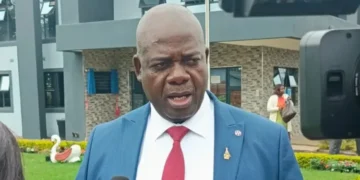
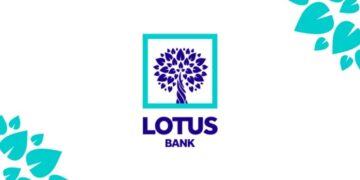


























































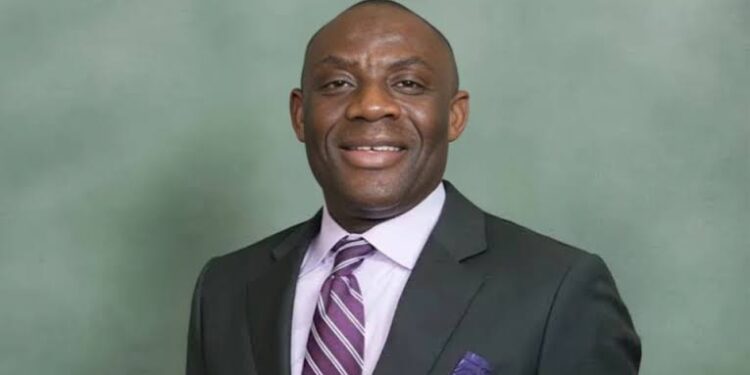




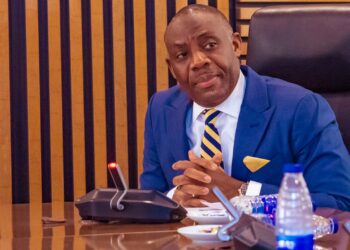

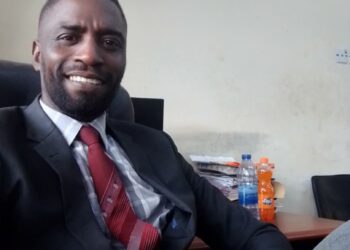













 EduTimes Africa, a product of Education Times Africa, is a magazine publication that aims to lend its support to close the yawning gap in Africa's educational development.
EduTimes Africa, a product of Education Times Africa, is a magazine publication that aims to lend its support to close the yawning gap in Africa's educational development.